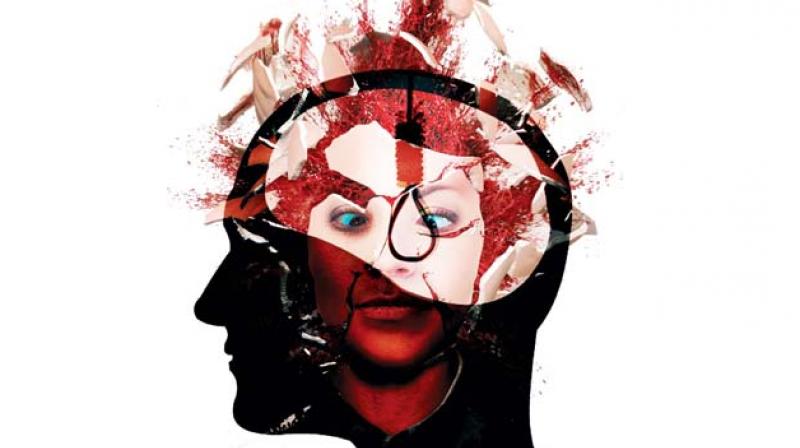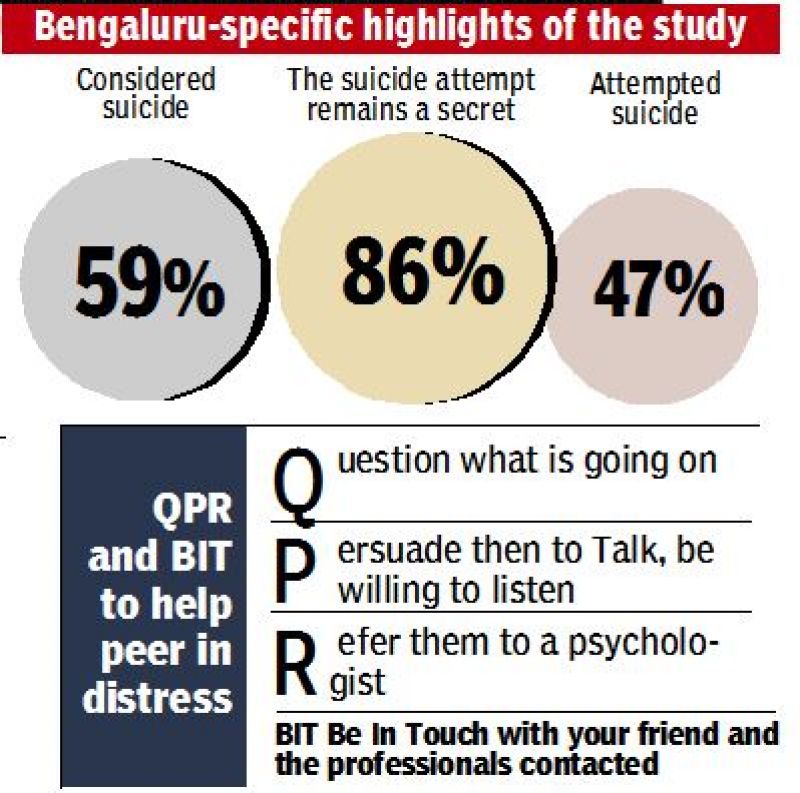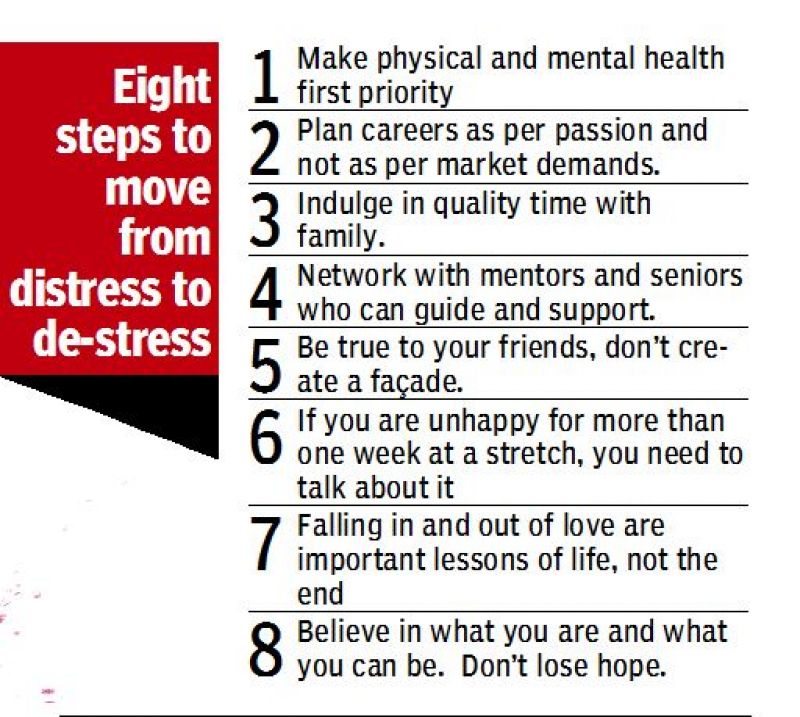We need to talk about teen suicide
Teens today are dealing with unprecedented levels of stress and mental hardship.

High expectations, cut-throat competition, impossible standards set by social media, the increasing isolation brought on by technology... Teens today are dealing with unprecedented levels of stress and mental hardship. A survey of school students and other youth in Bengaluru, Chennai and Mumbai shows that 59% of the 1,900 teens covered have deliberated on ways to end their life. Worse, an appalling 47% had even attempted it. Studies show the breakdown of deep interpersonal bonds, teachers reduced to facilitatorsor, the absence of role models and people whom teens can turn to in times of crisis. We need to sort out our priorities before it's too late, reports Ralph Alex Arakal
engaluru is no stranger to suicides as the city has seen many, especially students, take their lives in the past owing to failure in exams and so on. And now a recent study disturbingly reveals the trend is only growing with a large number of teens and young adults in the city having either considered suicide or attempted it for entirely avoidable reasons.
A survey of school and college students, and young workers in Bengaluru , Chennai and Mumbai, by the Podar Institute of Education says 59 per cent of 1,900 teens and young adults covered by had considered ways to put an end to their lives and an appalling 47 per cent had attempted it.
Of the respondents spoken to 500 were from Bengaluru, 650 from Chennai and 750 from Mumbai. President of the Podar Institute of Education, Dr Swati Popat Vats, believes one reason why the young consider or attempt suicide today is because they find people are either unwilling to listen or understand their problems. Comparing the results to a similar survey done in 2015, in which stress had emerged as a major factor for suicide, she says the helplessness that the young face when they fail to meet the expectations of parents, their peers or companies also drives them to think they have no other option but to end their lives.
Mr Nagasimha G. Rao, president of the Child Rights Trust (CRT) warns that if the situation is ignored, Bengaluru could eventually emerge as the suicide capital of the world. “Parents and elders of the family are to blame in most cases as they fail to listen to their children when it matters. Teenagers face such trouble when they are left in isolation and are deprived of attention at home as they transform into adolescents. Parents often fail to handle the rebellious nature that they display during these years and this later has an adverse effect on their mental health and thought processes,” he says.

Noting that surveys have found more people suicidal in Tier-1 and metropolitan cities, Mr Joseph K, a freelance school counsellor, also blames the preference for gadgets over interpersonal communication in the world today. “Youngsters always want to share their views and experiences with someone who can help them realise whether they are on the right track as they often face confusing situations on how to progress from any given situation. As family time has reduced over the years with both parents working and teachers being mere academic facilitators, they often fall into online traps , which they hardly recognise,” he rues.
“Children have also confessed to feeling rejected when parents show no interest in anything other than their academic performance as this adds to their mental stress,” he cautions.

Denied expression, kids go into shock, depression
“The privileges that parents provide their children make them feel entitled and do not allow them to experience age-appropriate stress, which is also to blame for their inability to face real life situations over time,” observes Ms Kavita Agarwal, a career counsellor and psychotherapist in the city, giving her take on the rising trend of young people either considering suicide or attempting it in Bengaluru and other cities in the country. In her view, when parents are over protective and provide instant gratification to their children they take away their ability to face problems. Society at large too is to blame as adolescents are often discouraged from expressing anger, jealousy and such emotions, according to her. “Suicide should be seen as a person crying out for help and it is important that parents clarify to their children that it is okay to fall down and the important thing is to get up and move again,” she underlines. Mr Nagasimha G. Rao, president of the Child Rights Trust (CRT), who has been counselling children and youth over the past few years in the city, says sometimes parents are not even interested in attending the sessions with their children and this speaks volumes about their attitude to their mental health. “In most cases, the father is cold to such sessions and it’s the mother who approaches counsellors for help. Parents often forget that their children have a right to life, development, participation and protection and they lose their temper very easily with them, sending them into deep shock, isolation and then depression,” he explains. Disturbingly, 30 per cent of the calls received by Child Rights Trust in the city are from children adamant about taking their lives, rather than discussing what is troubling them, he reveals. Child rights activists have now approached the government to encourage schools to create forums for students to express themselves in and to create awareness among parents on the importance of being approachable to their children as they transform into adults. Interestingly, ‘Be My Buddy,’ an annual campaign initiated by students of the Bishop Cottons Women’s Christian College in the city, encourages every student to adopt another for a year to encourage peer-to-peer interaction and help them overcome any feelings of helplessness they may have.

